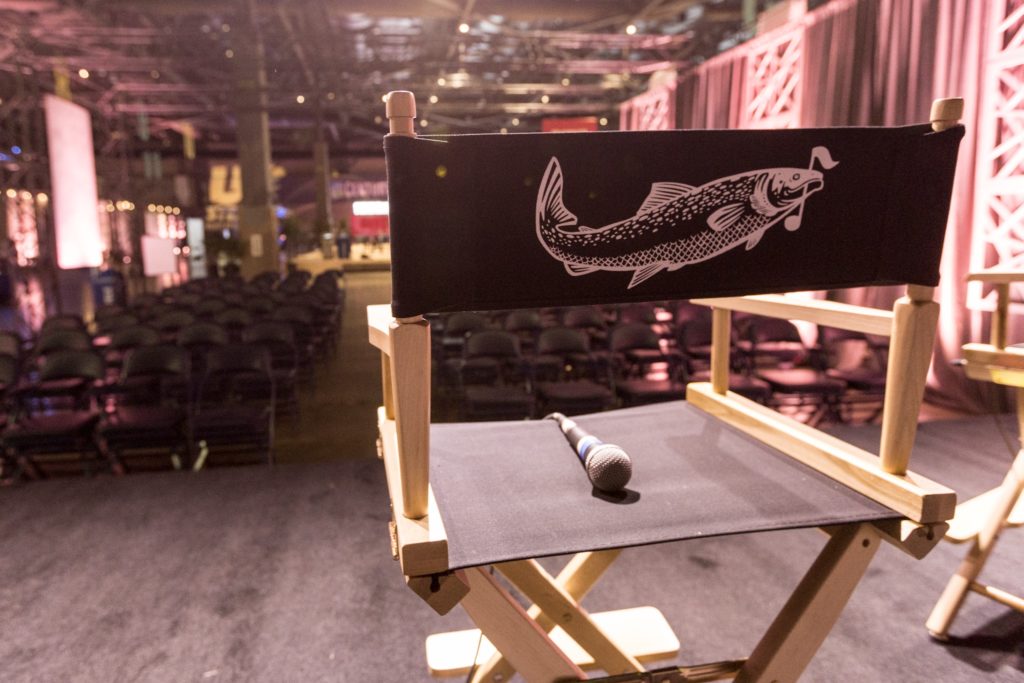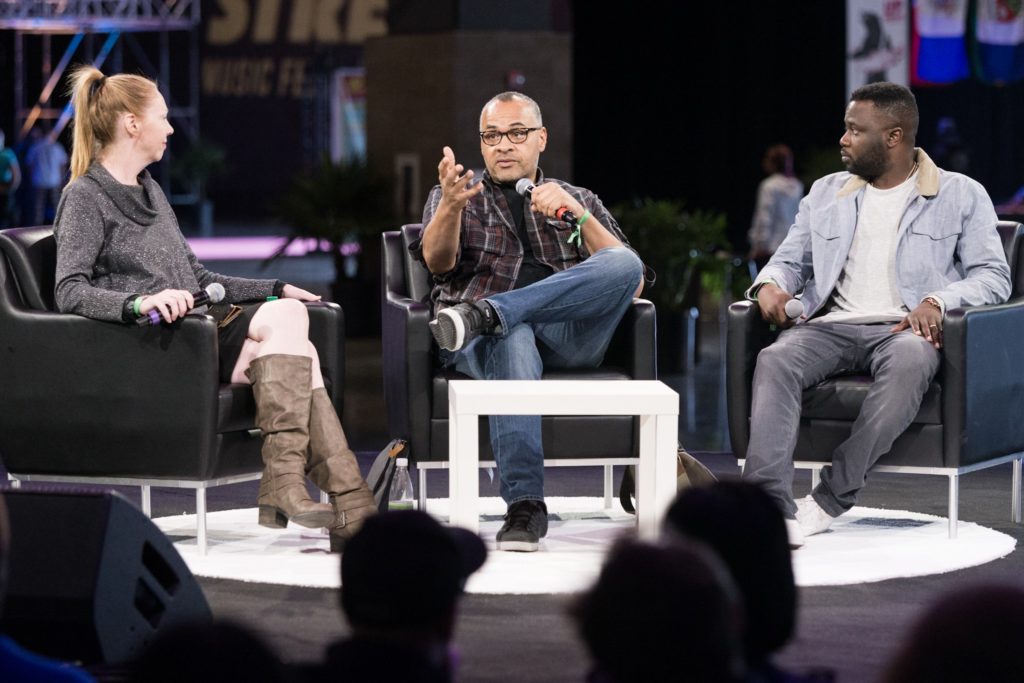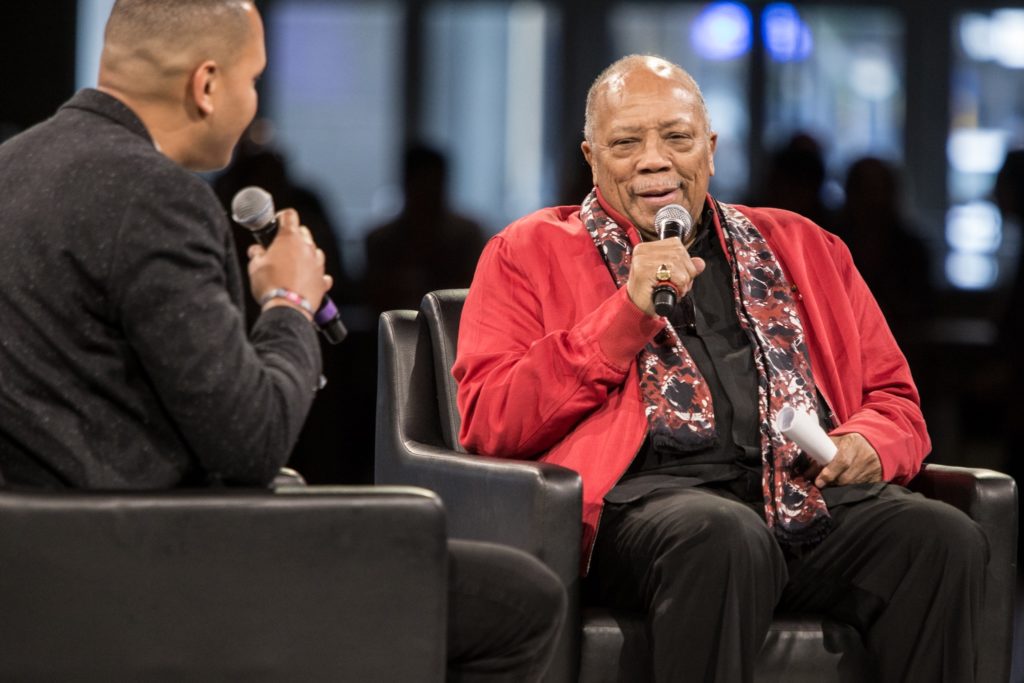
RIZE Entertainment was fortunate enough to attend The inaugural Summit at Upstream Music Festival this year. This part of the festival is a two-day event with keynote speakers, that included Macklemore, Quincy Jones, Portia Sabin, and Ron Jones. Following the keynote opening speakers were breakout sessions for specific topics ranging from data analytics to branding and how to reach your audience as a musician and ended with one of the keynote speakers. This event was created for emerging artists and funded by Microsoft co-founder, Paul Allen. Allen is an avid music lover and guitar enthusiast, so the collaboration makes sense, and surely was seen as a blessing to be able to give back in that regard.
One of the highlights of the summit was attending a brain date session. Essentially, a brain date is a one-on-one session with an industry expert. Dependent upon what topic you wanted to dive into, you would pick a mentor accordingly. I had the opportunity to meet with Lyle Burns, co-founder of Noise Complaints. His focus is branding and strategy and how emerging artists can use techniques his company offered. It was difficult to attend all brain date’s because of scheduling conflicts (all of the amazing events) throughout the day.

However, the kick-off was an opening talk from keynote speaker, Quincy Jones. He spoke about how music is moving into a digital era and that those interested should focus on how important social media is as a tool. This first section was about an hour or so long and was a good starting point for the summit. Following Jones, there was a breakout session called, “Finding your Fan Base: Using Analytics to Understand your Audience.” This portion of the Summit was extremely helpful because it showcased the tools available to everyone. There were three speakers that spoke with us in regard to data analytics within social media or music platforms. Brian Ringer, CTO of Napster, Emily Blake who works at the Next Big Sound, and Jewel Loree, bass guitarist of Golden Idols. All are major contributors to the music industry and gave insight into exporting data from social media platforms to understand your fan base and who is liking your music and from what device to name a few of the exciting revelations disclosed. There were a lot of finite details that can be gathered from social media platforms now and the data is there to make actionable decisions.

Although the Upstream Fest had a top-notch lineup, I would recommend this portion of Upstream Music Fest to anyone looking to understand how to personally excel in the music industry. Next year’s event should be a great opportunity to learn more about the music industry as well. If the first year was this good, we can’t wait to see what next year will have to offer.











